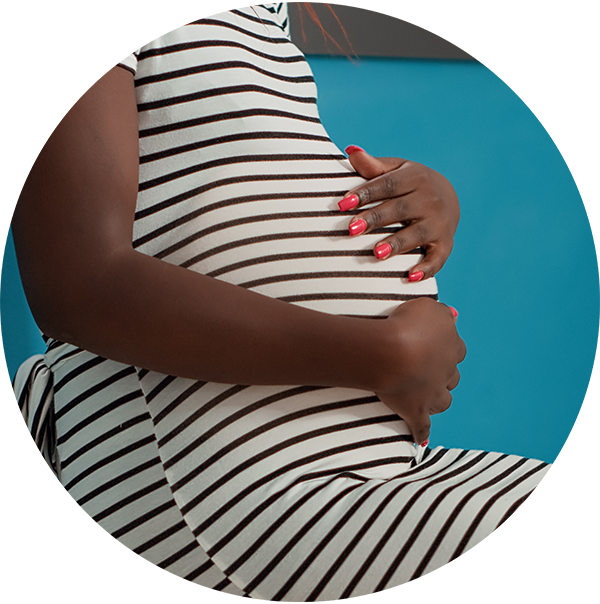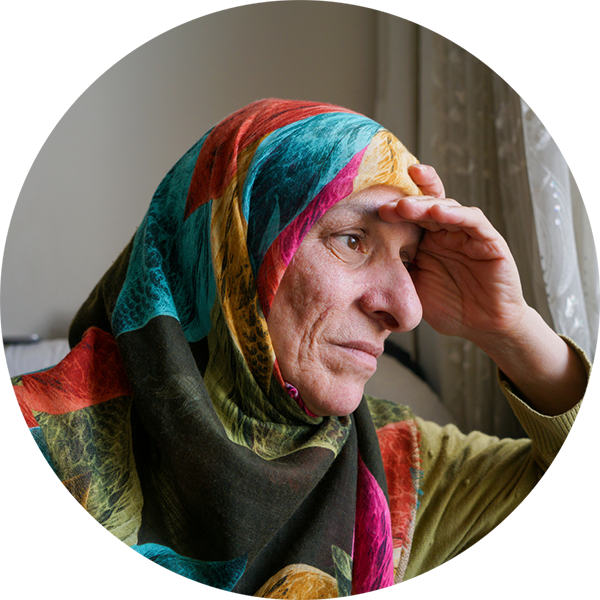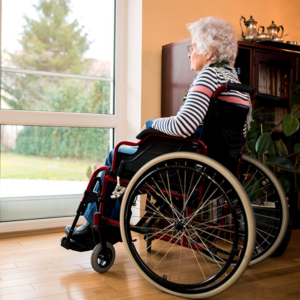Home > News Briefs – MARCH 2023
News Briefs – MARCH 2023
by INELDA
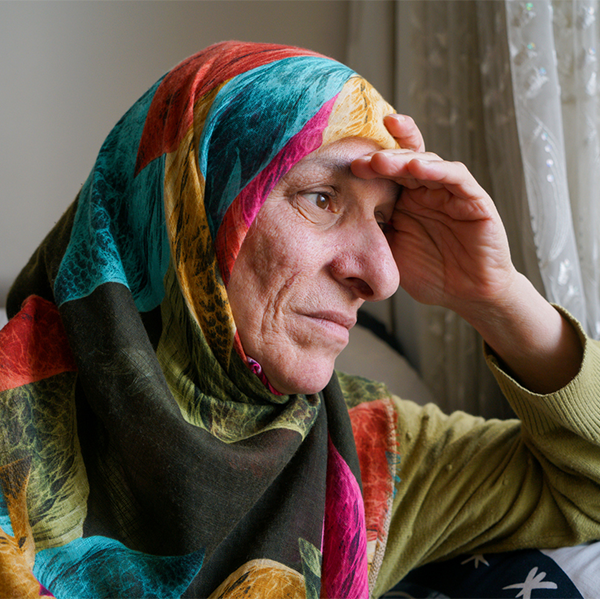
COVID Deaths and Muslim Disenfranchised Grief
Researchers reported in Omega (Westport), a journal on death and dying, that Muslim bereaved experience disenfranchised grief when death rituals could not be provided due to COVID. These rituals include gathering at bedside to recite the Quran, positioning the dying person to face Mecca, providing ongoing physical comfort, treating the body post-death with gentleness and respect, and preparing the body for burial according to customs. Participants in the study ranged from 73 to 85 years old and spoke to the pain of failure to perform rites due to the pandemic. “Death from COVID-19 left families and friends with guilt, sadness, distress, feelings of neglect, the sense of the body being attended to as dehumanized treatment, and disenfranchised grief,” researchers found. These findings have led researchers to make recommendations to health authorities on providing for the cultural needs of dying Muslims by developing dialogues between imams, funeral directors, and others to devise “respectful, safe alternatives to traditional rituals of death and effective bereavement.” Areas of opportunity include technology, modifications to rituals, community support, and government bodies to adopt flexible approaches to support the bereaved and provide patient-centered care.
Challenge for Dementia Patients in Final Months
A recent study in The Journals of Gerontology found that people with dementia receive less health care in their final months than those without the disease. The research showed that hospice care was used less in the three months prior to death for people with dementia, suggesting that it is more challenging to identify when those with dementia are closer to death. The study states, “People with dementia and their families may struggle with the decision to elect hospice for a number of reasons, including: uncertainty regarding how much longer the individual will survive, sustained inability of the individual to communicate care preferences, and confusion about the impact of coexisting medical conditions on their prognosis.” The researchers also identified that those with dementia had less durable medical equipment, home health care, and fewer office visits.
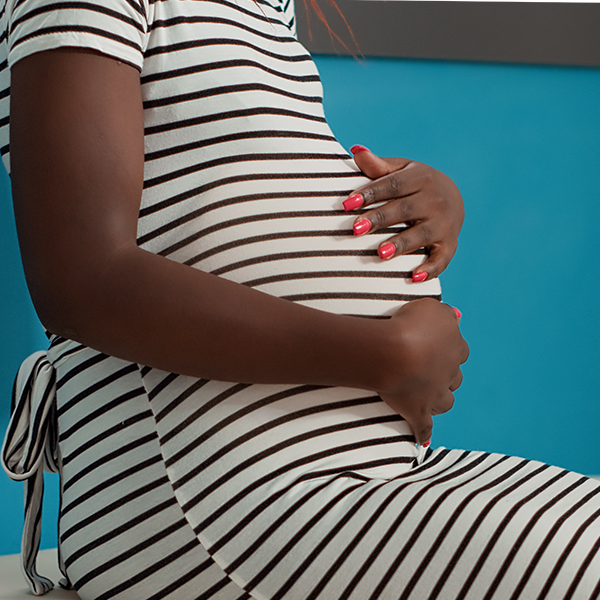
Maternal Mortality Trending Upward
The World Health Organization reported that maternal mortality has either stalled or trended upward in some regions of the world, including North America and Europe. Almost 800 women die every day due to pregnancy-related complications. Half of all global pregnancies are unplanned, and maternal mortality is even higher in regions that are experiencing the effects of war and poverty. COVID complications during pregnancy increased in the United States due to infections. Maternal mortality increased by 17 percent in Europe and North America between 2016 and 2020. Among industrialized nations, the United States has the highest maternal mortality rate due to racial, social, and economic inequities. As The New York Times summarized, “According to the Centers for Disease Control and Prevention, whose own figures put the U.S. maternal mortality rate for 2020 at 23.8 per 100,000, the risk is almost three times higher for Black women, at 55.3 per 100,000, than for white women, whose mortality rate is 19.1 per 100,000. Native American women also face a much higher risk of dying during and after pregnancy, compared with white women.”
